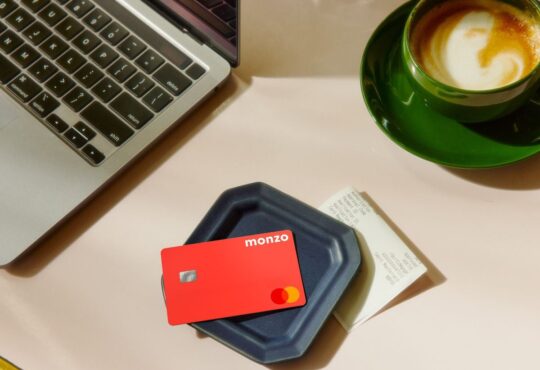
Santander is warning impersonation scams are on the rise – with the number of its customers targeted by fraudsters DOUBLING last month. Fraudsters and scammers are impersonating Santander staff and employees, tricking customers and account holders into sending thousands of pounds to fake accounts.
More than 200 of the bank’s corporate and commercial banking customers are known to have been targeted in September. And worryingly, one business customer was defrauded of a five-figure sum after being called by someone acting as a Santander staff member.
Chris Ainsley, Santander UK’s head of fraud risk management, told PA: “Impersonation scams are rampant and the criminals perpetrating these crimes can be particularly devious in their approach. Businesses should remain on high alert to this threat. Don’t trust people who make an unsolicited call to you and say they are from your bank, and make sure you validate any requests from cold callers by hanging up and contacting your bank using the phone number on the back of your bank card.”
Get our best money saving tips and hacks by signing up to our newsletter
READ MORE HMRC issues £1,000 warning to millions in UK ahead of crackdown
Santander says scammers call a business and pretend to be from the firm’s bank, often in its fraud or security department, and say that a “fraudulent payment” has been made from the firm’s bank account. The fraudster will then direct the person to a fake website or phone number to resolve the issue.
They then trick them into installing a remote access system on their device, which gives the criminals access. The customers are then directed to log into their mobile banking and authorise a transaction. To protect yourself, never share any passwords or security codes with anyone, not even a bank employee, nor allow anyone to remotely access their device.
Santander UK also says people should only use a mobile app to authenticate a transaction they have selected themselves in online banking.






